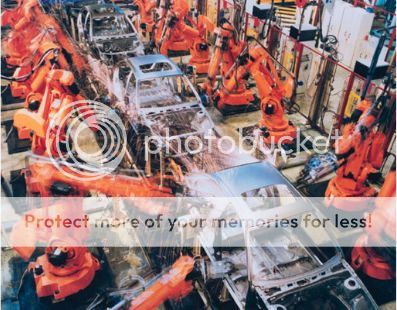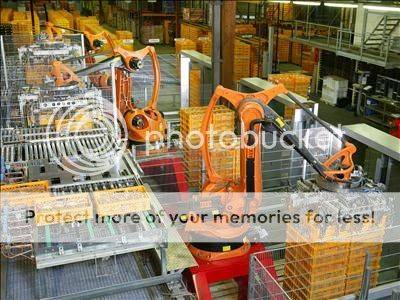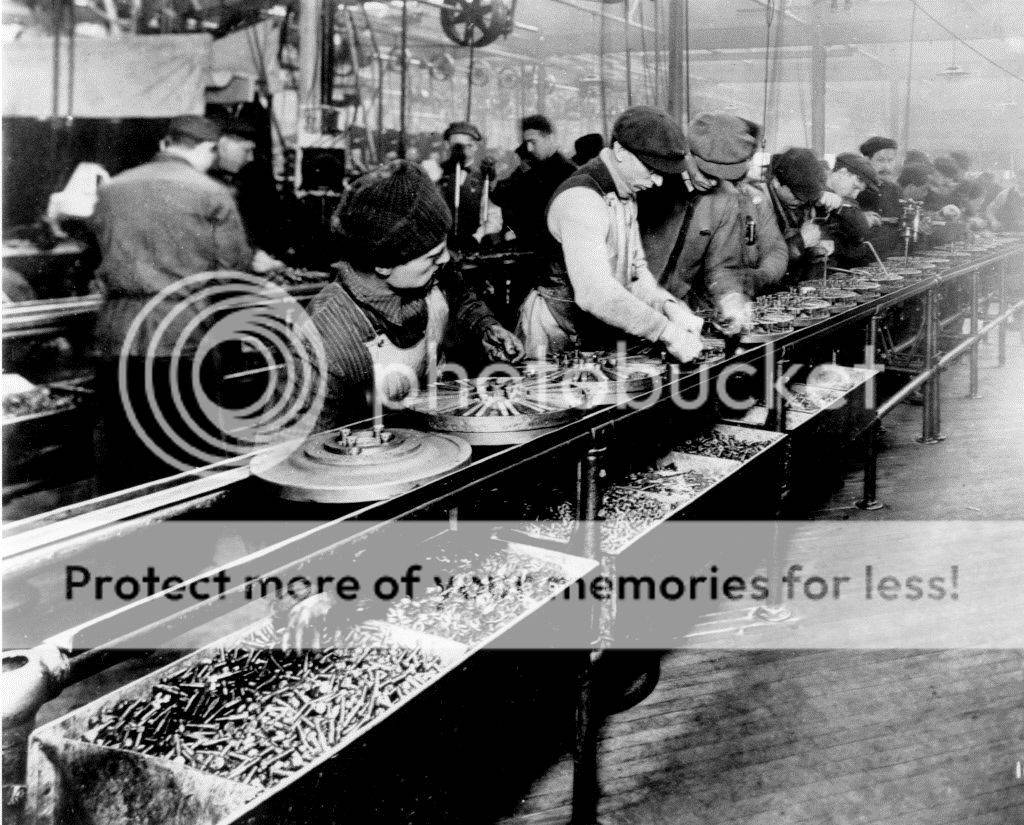Silhouette
Gold Member
- Jul 15, 2013
- 25,815
- 1,938
- 265


What's wrong with these robots?
1. They don't pay taxes.
2. They don't buy houses.
3. They don't buy the bread or cars they are making.
Back in the late 1960s & 1970s when we saw automation make its hated/unwanted debut, we all knew where it would lead. Many heated protests sprang up back then asserting that jobs would be lost and good men would sit idle or not be able to put food on the table. Then came "made in China"...and finally NAFTA as the final death blow to our economy.
It's been a long slow death as old-school companies who had loyalty to their workers began more and more to be replaced in ownership as the old guard died off at the top ranks. The new group of the "me" generation wanted more and more and more wealth for themselves. So they figured if they replaced all their workers with robots, they'd make more money!!
For sure they did. Until now. Now companies are struggling to understand where all the customers are? Where's our old profit margins??
In Oregon, it is illegal for you to pump your own gas. An attendant must do it for you. Apparently in Oregon, they figured out who buys bread, cars....and gas...
When you replace jobs with automation and cheap foreign labor [that is made that way because they have socialized medicine], the rains of your former profits dry up and become a thing of the past in the economic desert you have created. Get used to it...
All the people in the photo below bought cars, bread, gas, clothing, homes, paid income taxes etc...

Last edited:

